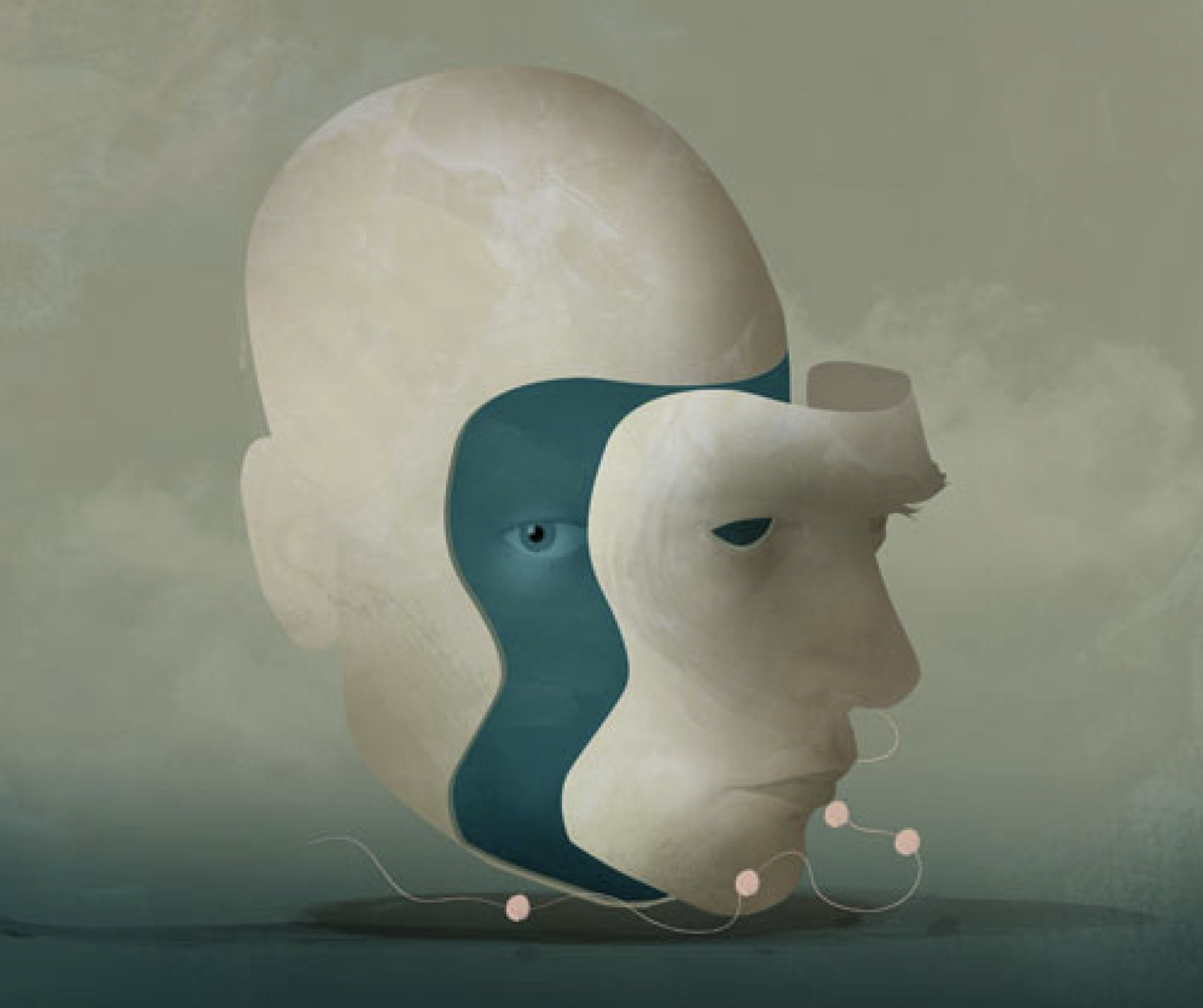The key point of a contemplative science is
the awareness knowing oneself.

Who am I? This is one of the cursed questions. Most people never ask it, never go beyond what is written in their documents. They are too busy with their life to question who is the one who lives that life. But for those who have a chance to raise one’s head, to look inside and around this question may become extremely important because otherwise life can lose its meaning. Why do we need to work every day, create families, accumulate wealth etc.? Is it just for avoiding immediate suffering of hunger, poverty, loneliness? What is a bigger picture and which place in it is mine? Why am I doing what I’m doing? Why do I believe what I believe? Why do I feel what I feel? Thinking can look as an option to solve these questions but why do I think what I think?
Modern cognitive science describes various types of so-called “selves”. “Volitional self” — the one who looks like an actor, an agent of one’s both physical and mental movements. “Experiential self” — the one who senses, perceives, feels. “Perspectival self” — an observer behind any experience, the very core of existence, a quintessence of the Cartesian thinker, an Atman. “Narrative self” — an individual remembered record of all true and imagined events related to our life. And finally, “bodily” or “corporeal self” — what needs to be protected at all times. There can be different types of selves but these five are rather representative of various aspects of our existence. Science explores them externally, but the only one who has direct access to all these selves is ourselves. Developing meditation skills and making introspective experiments we can discover astonishing things about ourselves that can hardly be expressed in words.
A contemplative course «The Nature of “Self”» invites you to make an explorative journey towards something we’ve never been separated from.
The Nature of the "Self"
In this course, are applying contemplative and introspective methods to explore various aspects of so called “self”, or “I”, or “ego” mentioned in modern cognitive science such as bodily self, experiential self, narrative self, volitional self, perspectival self. We’ll place the issues of self-identity and peer-pressure into the context of contemplative practice. We are also dealing with so-called “trap of a witness”, an illusory feeling of freedom experienced as a separation from all occurring phenomena, a feeling that may arise from applying certain contemplative practices.
The course is meant for those who already have some contemplative experience and who have at least a minimal skill of stably maintaining the focused attention as well as non-focused open monitoring.
PURCHASE
When Paypal asks you for your shipping address, it is sufficient to indicate your country and your city.
Click RETURN TO MERCHANT button after paying. You will be redirected to the recordings page. Save the page's URL. If you fail to do so, use CONTACTS.




